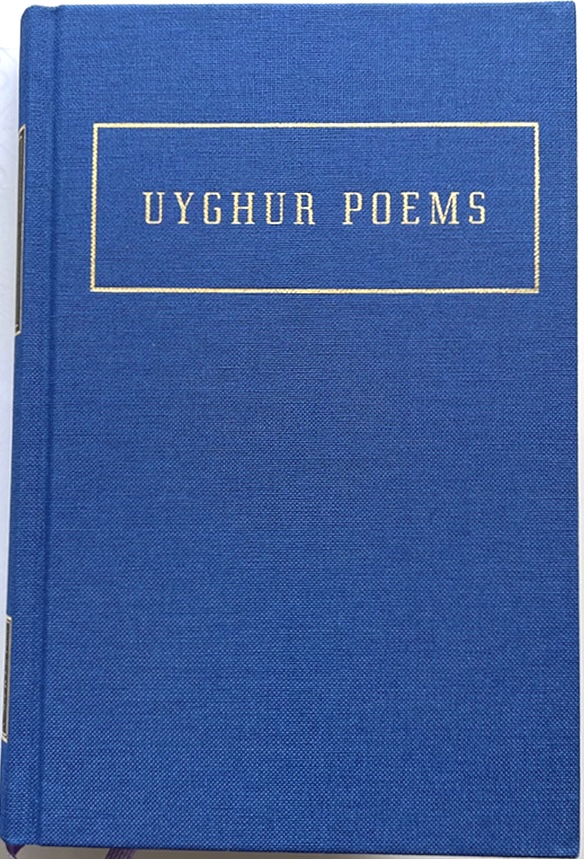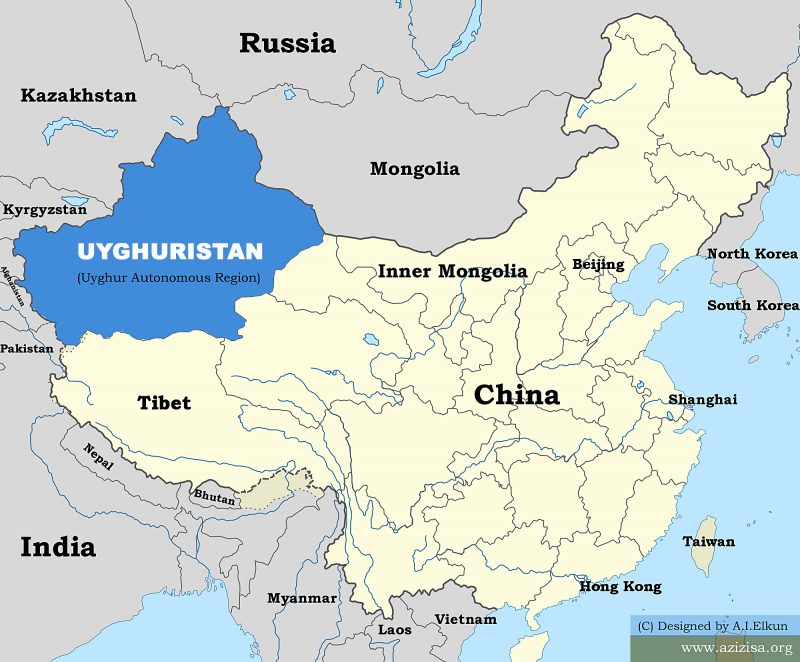Aziz Isa Elkun, Poet & Writer
Researcher at SOAS, University of London
Published by Brussels Morning Newspaper 26 June 2024 11:27 Am

The Uyghurs love writing and reading poems; it is an essential part of Uyghur cultural expression and plays a vital role in the continuation of creativity and development of the Uyghur language, literature, and culture.
Since 2016, over three million Uyghurs and other Turkic people in the Uyghur homeland in China have been collectively persecuted and sent to the notorious Chinese internment camps in the Uyghur Region. Soon after the establishment of the People’s Republic of China in 1949, with the political and military support of the Soviet Union, the so-called Chinese Liberation Army illegally occupied the Uyghur homeland of East Turkistan, also known as Uyghuristan. In 1955, it announced the founding of the “Xinjiang Uyghur Autonomous Region.” As a Uyghur living in exile, and a poet and advocator for freedom of speech and writing, my conscience forbids me from calling our Uyghur homeland, “Xinjiang”, which means “New Territories” in the Chinese language. In spite of ongoing persecution under Chinese rule, Uyghur writers sustained their rich cultural legacy, and Uyghur poetry played a significant role in keeping Uyghur language and literature alive, and expressing criticism of the oppressive Chinese regime.

